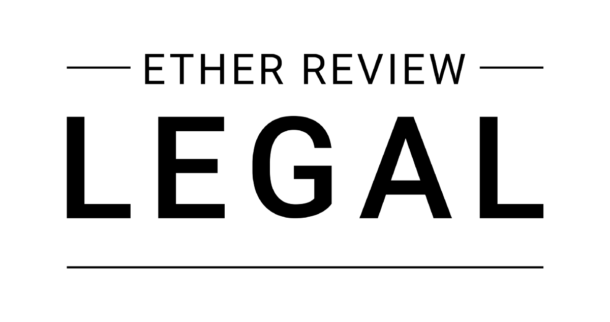Ether Review Legal #5 — BernsWeiss Stops the IRS in its Tracks
Lee Weiss of the US law firm BernsWeiss discusses the Coinbase/IRS dispute. The dispute began in November 2016, when the IRS summoned Coinbase to hand over data about all users who were active on the exchange from 2013 to 2015, with a view to investigating the tax compliance of individuals who have transacted in cryptocurrencies.
On behalf of one or more anonymous Coinbase users, BernsWeiss took the issue to court and was recently granted permission to argue against the summons, which among other things demanded access to users’ public and private keys. If complied with, this would effectively give the IRS access to all customer funds, making it a clear and easy target for hackers.
This is an unprecedented use of the John Doe summons procedure, which was intended for situations where the IRS has identified specific tax avoidance but can’t identify the specific parties who have engaged in that illicit conduct. If determined to be legal, this summons would set a precedent under which the IRS could demand the same from other exchanges. BernsWeiss intends to continue fighting this massive government overreach unless and until the IRS can identify a specific subset of taxpayers who it is reasonably certain are engaging in tax avoidance.
After the hearing, the government removed the request for private keys, now only requiring public keys. The IRS also voluntarily narrowed the scope of the summons to only cover individuals who engaged in virtual currency transactions in excess of $20,000 in a given year. This figure is likely arbitrary, and suggests that the government is simply trying to gather as much information as possible rather than engaging in a specific investigation.
This case illustrates the lack of understanding about these new financial instruments within government. With this summons, the IRS effectively places virtual currencies into the “inherently suspicious” tax avoidance category with things like large transactions, questionable tax shelters, and other mechanisms which are clearly designed to avoid taxes and typically don’t have a legitimate purpose — unlike cryptocurrencies.
Berns Weiss LLP
twitter.com/BernsWeiss
consensys.net
consensysmedia.net
etherreview.info
https://itunes.apple.com//podcast/the-ether-review/id899090462?mt=2

